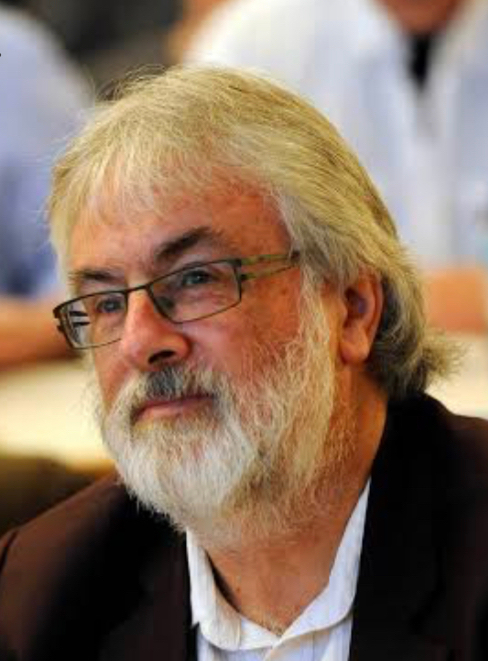As a union the New Zealand Nurses Organisation (NZNO) is taking a strong line on what it has concluded to be serious health and safety risks for nurses working in government managed isolation (quarantined) Covid-19 facilities.
NZNO
NZNO is well placed to make this call as a high membership density union employing a range of capable organisers regularly in contact with nurse members and an impressive delegate system. This enables it to be well-informed on the workplace reality experienced by nurses.
NZNO has been the most prominent health union raising concerns about Covid-19 related health and safety concerns, in part at least because nurses are the majority of the health workforce particularly in district health boards (DHBs).
The health and safety risks have got so serious that NZNO is strongly considering calling for a halt to nurses working in these facilities where conditions are considered by nurses working there as unsafe. The Health and Safety at Work Act entitles workers such as nurses working in quarantine facilities to refuse to do work they consider unsafe.
Heart of the issue
At the heart of the issue is the provision of masks. These are not the same masks worn by the general public which protect others rather than the wearers (their protection comes from other wearers). Instead the issue is the provision of the specialised N95 mask which protects the wearer along with the ‘fit tests’ that make these masks effective in preventing airborne transmission.
The experience of nurses in quarantine facilities is that the provision of effective N95 masks has been inconsistent and high risk for some. Such a situation, subject to specific empirical evidence which nurses have the expertise to provide, should constitute a breach of the Health and Safety at Work Act.
NZNO is rightly angry over the lack of action from the DHBs, Ministry of Health and Ministry of Business Innovation and Employment. Who has the greater responsibility is unclear but they all have to share it. Greater responsibility with the earlier failure to supply Personal Protection Equipment for health professionals in hospitals rested more with the Health Ministry with larger DHBs in Auckland and Canterbury coming to the rescue when they were able to.
Necessity of noise
This current failure is part of a continued political and bureaucratic failure not to listen to and act on, health and safety concerns raised by unions representing workers in quarantine facilities. This was also the experience of the Unite Union representing essential workers in the facilities who weren’t being regularly tested for Covid-19. It was only when sufficient public noise was made that action was taken.
It is an indictment of the decision-making process that noise has to be made to get results because raising concerns below the radar is insufficient. Noise to progress health and safety concerns shouldn’t be necessary but unfortunately it is. Access to regular testing for essential workers in quarantine facilities only got addressed after Unite made noise. NZNO’s noise hopefully will lead to a similar response albeit for the wrong reasons.
What this experience also confirms is that there is no regular engagement process between unions representing workers in these facilities and decision-makers which makes it virtually inevitable that health and safety concerns won’t be given the priority they deserve.
Perhaps this failure of decision-makers to engage over Covid-19 operational matters is why we see so much concern being raised by public health specialists in the media. Are they being marginalised as well?
It is about time this operational engagement deficiency was corrected. After all, most of the expertise on these matters rests with those being marginalised, not those who are doing the marginalising.



 Keith Rankin: Who, Neither Politician Nor Monarch, Executed 100,000 Civilians In A Single Night?
Keith Rankin: Who, Neither Politician Nor Monarch, Executed 100,000 Civilians In A Single Night? Eugene Doyle: Writing In The Time Of Genocide
Eugene Doyle: Writing In The Time Of Genocide Gordon Campbell: On Wealth Taxes And Capital Flight
Gordon Campbell: On Wealth Taxes And Capital Flight Ian Powell: Why New Zealand Should Recognise Palestine
Ian Powell: Why New Zealand Should Recognise Palestine Binoy Kampmark: Squabbling Siblings - India, Pakistan And Operation Sindoor
Binoy Kampmark: Squabbling Siblings - India, Pakistan And Operation Sindoor Gordon Campbell: On Budget 2025
Gordon Campbell: On Budget 2025